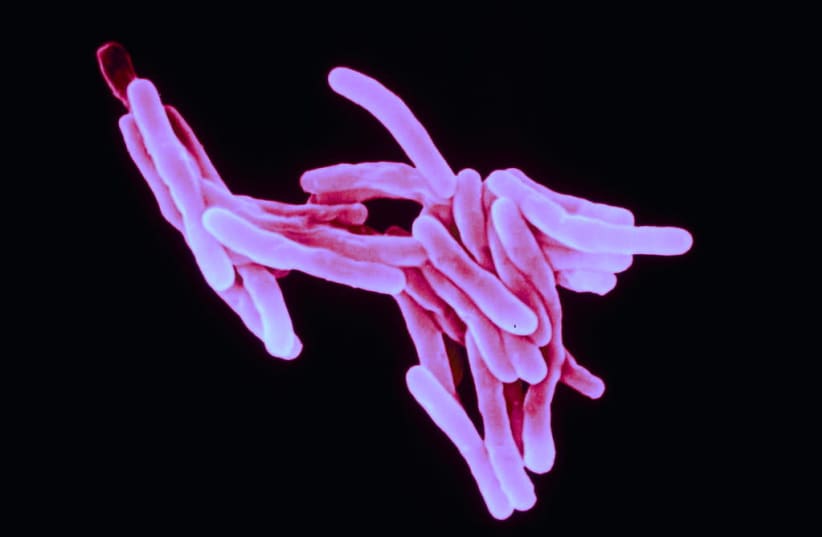This biological antibacterial solution, which is the first of its kind in human history, succeeded to hinder the growth of tuberculosis in mice. This was done through the isolation of monoclonal antibodies, which were taken from a patient who had suffered but recovered from tuberculosis.
Antibiotics have for the past century been doctors' main weapon in the battle against bacterial diseases. These chemical agents, efficient and cheap, work by destroying targeted cells, like microbial pathogen cells.
But there have always been limits to antibiotics. Part of this is due to the common biological mechanisms shared by human cells and pathogens alike, which can make it difficult to target the bacteria without also causing harm to the body.
But a possibly even greater limit to antibiotics is resistance. In recent years, more microbial strains have developed resistance to antibiotics, and their number could keep rising.
Scientists have been aware of the issue for years, and have been hard at work trying to find a new antibacterial shield. This has seen them investigate many different methods, with one notable example being researchers at the University of Warwick in the UK investigating a 1,000-year-old remedy from the ancient medical text Bald's Leechbook.
But antibodies could be that long sought-after shield.
ANTIBODIES ARE, essentially, one of the body's greatest shields against disease. They are proteins produced naturally by the human immune system after exposure to infection or to a vaccine. Their reliability and stability are reasons why they see widespread use in the treatment of cancer, autoimmune conditions and viruses like COVID-19.
To test this theory, the research team, led by TAU's Dr. Natalia Freund and doctoral candidate Avia Watson, in collaboration with laboratories in the US and China, chose tuberculosis as the infection of choice for their test model. It was chosen because the vaccine for the disease, which was developed over 100 years ago, does not work on adults, as well as the fact that it evolves and develops more varieties resistant to treatment.Tuberculosis is extremely contagious, is transferred through the air and many of its strains are resistant to antibiotics – these are reminders of how urgent it is to find an alternative to antibiotics.
The disease is widespread and has plagued mankind throughout history. Currently, about 25% of the global population is infected with tuberculosis, and 1.5 million die from it annually. Israel has around 200 active cases per year.
In addition, tuberculosis is known to be very complex, with this complexity and size making isolating monoclonal antibodies extremely challenging. And yet, despite this and other obstacles, the researchers succeeded.They did this by pinpointing a phosphate pump protein on the cell wall, which they found supplies energy to the bacterium and is specific to all strains of tuberculosis. The antibodies the researchers isolated manage to block the pump action, as well as inhibiting bacteria growth and reducing levels. This was also shown to be effective in three different strains, and because they target the pump common to all tuberculosis strains, it is likely that it will work against many others.
"Advances in biological medicine have enabled us to rout the germs in new ways that are not based solely on antibiotics, and therefore allow a solution to the challenge posed by resistant germs," Freund said in a statement.
"Our study is an initial proof of concept of employing monoclonal antibodies (derived from single cells) as an effective therapy in combating bacterial pathogens."
With their success, Freund's laboratory is looking into trying this new biological alternative to antibiotics on other diseases as well.
"The model that has proven successful in this study will enable us to extend our future work to include other diseases such as pneumonia and staphylococcus infections," Freund explained.
